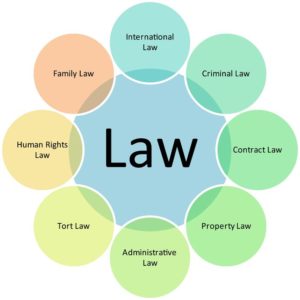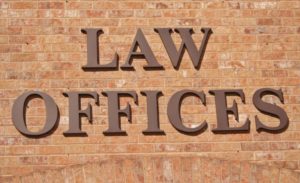Six Essential Traits of the Successful Legal Entrepreneur
 Sometimes lawyers get so focused on honing their legal skills that they don’t recognize themselves as entrepreneurs. The Merriam-Webster dictionary defines an entrepreneur as “one who organizes, manages, and assumes the risks of a business or enterprise.”
Sometimes lawyers get so focused on honing their legal skills that they don’t recognize themselves as entrepreneurs. The Merriam-Webster dictionary defines an entrepreneur as “one who organizes, manages, and assumes the risks of a business or enterprise.”
Very few law schools have classes that actually teach a lawyer how to run a law practice. How can you know whether you will be any good at it? What if you aren’t graduating in the top 10% of your class? Does that mean you have limited potential for successfully running your own law firm?
Inc. magazine online shared advice from Steve Blank about entrepreneurism in a commencement speech to engineering students. It’s good advice for lawyers, too. He said:
“[G]reat grades and successful entrepreneurs have at best a zero correlation….You don’t get grades for resiliency, curiosity, agility, resourcefulness, pattern recognition and tenacity. You just get successful.”
In this post, I want to talk about why those qualities are essential for a successful legal practice. […]









